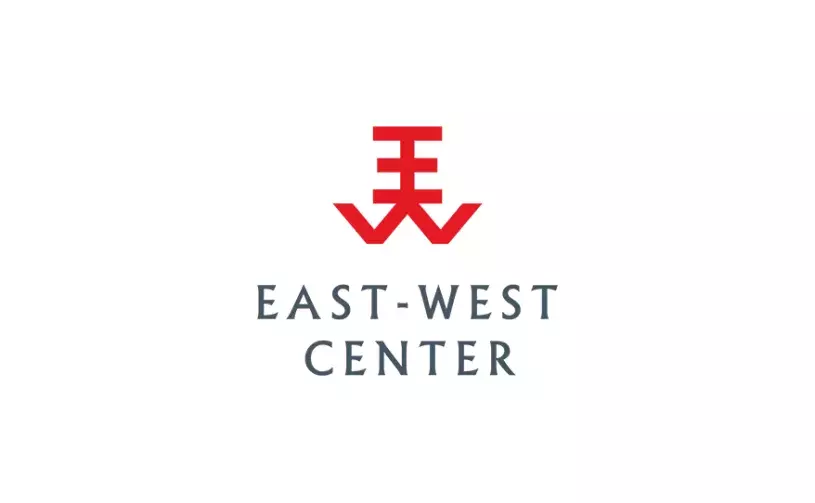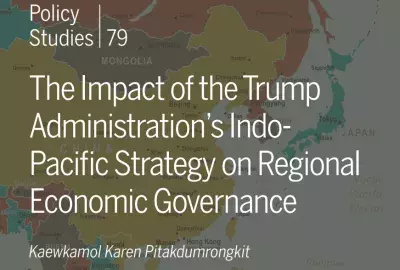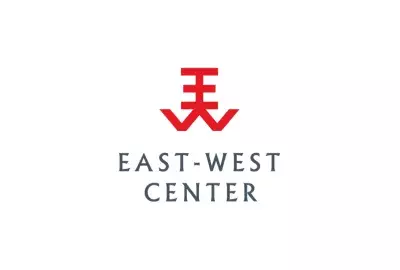Error message

A number of armed conflicts smolder in India's Northeastern border region. For instance, the Naga rebellion, which began in the 1950s, is one of the world's oldest unresolved armed conflicts. With its controversial human fights record and sluggish economic growth, Northeast India is a counterpoint to India's new image as a mature democracy, dynamic economy, and emerging major power. This study proposes a democratic institution-building agenda that is sensitive to the particular dynamics of change in this "postfrontier." In a historically sparsely populated region with long-term trends of demographic transformation, managing indigenous-settler tensions must be a priority. This and other challenges cannot be addressed through domestic policy alone. An effective alternative policy must have a transnational dimension; to turn the region's extensive international borders – with China's Tibet region, Bangladesh, Bhutan, and Burma – from militarized zones of mistrust and confrontation to spaces of cooperation. | Additional titles in the Policy Studies series |

A number of armed conflicts smolder in India's Northeastern border region. For instance, the Naga rebellion, which began in the 1950s, is one of the world's oldest unresolved armed conflicts. With its controversial human fights record and sluggish economic growth, Northeast India is a counterpoint to India's new image as a mature democracy, dynamic economy, and emerging major power. This study proposes a democratic institution-building agenda that is sensitive to the particular dynamics of change in this "postfrontier." In a historically sparsely populated region with long-term trends of demographic transformation, managing indigenous-settler tensions must be a priority. This and other challenges cannot be addressed through domestic policy alone. An effective alternative policy must have a transnational dimension; to turn the region's extensive international borders – with China's Tibet region, Bangladesh, Bhutan, and Burma – from militarized zones of mistrust and confrontation to spaces of cooperation. | Additional titles in the Policy Studies series |








